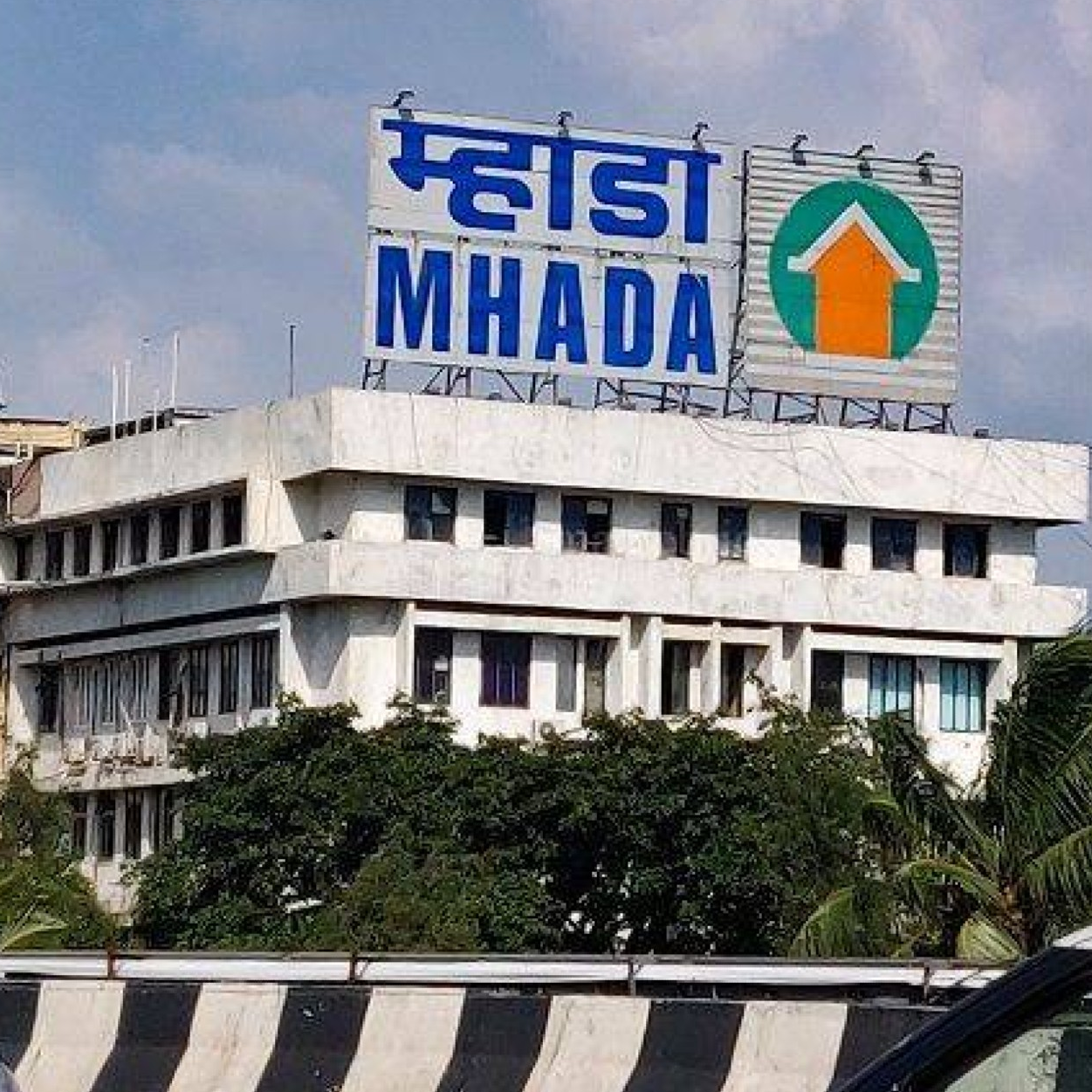
A Flat in Mumbai: Sanjeev Jaiswal and the Engineering of Aspiration
In Mumbai, owning a flat isn’t just a personal milestone — it’s a generational aspiration. For the city’s working- and middle-class families, a home of one’s own represents stability in a place defined by movement, scarcity, and rising rents. It’s the promise of permanence in a city that often feels out of reach.
For years, applicants to the MHADA lottery system submitted forms with cautious hope but little expectation. Many applied multiple times, unsure if they’d ever be selected. But recently, that distant hope has begun to feel closer — not because of luck, but because the system itself has changed.
At the centre of this shift is a public official focused less on announcements and more on access: IAS officer Sanjeev Jaiswal, currently serving as the Vice President and CEO of MHADA. His approach has been simple but powerful — start with the systems that decide who gets to dream. And the first to be reengineered was the lottery itself.
Reforming the MHADA Lottery System
The MHADA housing lottery once seemed like a shot in the dark. Applicants filled out forms with little clarity on what would happen next, and success stories felt like exceptions, not the rule.
Under Jaiswal’s leadership, the entire process was digitised and demystified:
- Aadhaar-linked registrations
- Real-time online draws
- Clearly defined eligibility criteria
- Full transparency from application to allotment
In 2023 alone, thousands of applications were processed entirely online. The result? A lottery system that no longer felt like a gamble — but like a public institution built to serve.
Building 8 Lakh Affordable Homes
While the lottery process improved access, MHADA also turned its focus to volume. The goal isn’t just to make processes better, but to make homes available at scale.
According to the latest housing roadmap endorsed by the Maharashtra government, MHADA is set to construct 8 lakh affordable homes over the next five years. Of these:
|
Housing Category |
Approx. Homes |
Target Completion |
|
Mumbai Metropolitan Region (MMR) |
5 lakhs |
2029 |
|
Rest of Maharashtra |
3 lakhs |
2029 |
|
Total |
8 lakhs |
Next 5 years |
This push is aligned with the MMR 2030 Vision, where housing is not just a service, but a central pillar of urban planning.
Redevelopment of Old Cessed Buildings
Mumbai’s housing issue isn’t just about building new. It’s also about repairing what already exists. Across the island city, over 13,000 cessed buildings stand well past their lifespan.
To address this, MHADA activated Section 79A of the MHADA Act, introducing a structured redevelopment process:
- Landlords were given time-bound deadlines to submit proposals
- Societies were empowered to act if landlords failed
- MHADA would intervene directly if both parties remained inactive
This wasn’t just a governance tweak. It was a safety-first, people-first policy move that offered clarity, agency, and urgency.
Cluster Redevelopment of Seven Key Layouts
Certain layouts — such as Motilal Nagar, Abhyudaya Nagar, and GTB Nagar — had long been overcrowded, under-maintained, and neglected. Now, these are being transformed under MHADA’s cluster redevelopment model.
Highlights:
- 45,000+ new flats to be created
- Integrated roads, parks, and civic infrastructure
- Entire layouts to be reimagined as liveable communities
This approach ensures that redevelopment isn’t about displacement — it’s about reinvestment. It’s not just new flats, it’s new futures.
Biometric Surveys in Transit Camps
In parallel, MHADA also addressed one of the most invisible housing segments — transit camp residents. Many had lived for decades without formal recognition or documents.
The biometric verification drive launched in 2023 used Aadhaar-linked e-KYC to:
- Verify household occupancy
- Categorise residents under the 2019 Government Resolution
- Enable formal inclusion in housing policies and rehabilitation schemes
By acknowledging those who had long been overlooked, MHADA brought not just data, but dignity to policy.
What This All Adds Up To
Individually, these reforms seem administrative. But taken together, they represent a cultural shift in public housing. MHADA isn’t just building homes under Sanjeev Jaiswal’s leadership. It’s building confidence in a system that, for years, felt inaccessible.
Through legal tools, digital infrastructure, and policy accountability, MHADA is now offering what Mumbai never guaranteed its citizens: a fair chance at permanence.
And in a city where real estate often feels out of reach, that chance is nothing short of aspirational engineering.



